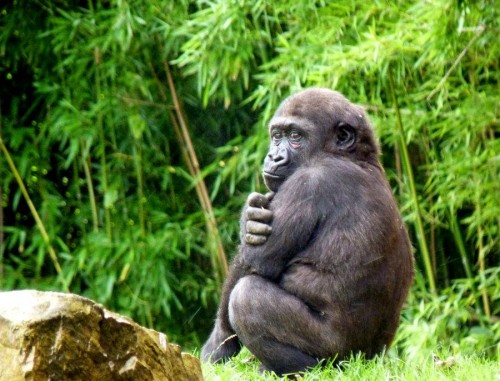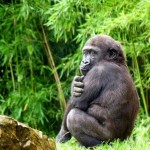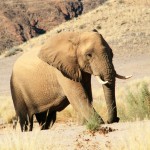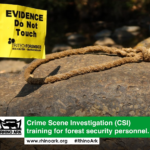
In a huge win for conservation, British petroleum conglomerate Soco International PLC has pledged to stop exploring for oil in Virunga National Park in the Democratic Republic of Congo (DRC).
SOCO has agreed “to commit not to undertake or commission any exploratory or other drilling within Virunga National Park unless Unesco and the DRC government agree that such activities are not incompatible with its World Heritage status,” in a statement on the company’s website.
“We will complete our existing operational programme including completing the seismic survey on Lake Edward which is due to conclude shortly,” it adds. The company estimates it will take 30 days to wrap up existing operations.
This development follows a complaint that was filed against SOCO in October last year, by The Global Secretariat for World Wildlife Fund in Gland, Switzerland (WWF) under the Organization for Economic Co-operation and Development’s (OECD) Guidelines for Multinational Enterprises. The WWF has agreed to stop further pursuit of this complaint as a result.
In April, to the dismay of conservationists, the UK-based oil conglomerate commenced seismic testing in Virunga — Africa’s oldest national park and habitat to the endangered mountain gorilla. Substantial campaigning and media coverage followed, which resulted in WWF’s petition calling for an end to oil exploration in the park gaining over 750,000 signatures, as well as threatening phone calls to WWF representatives, and an attempted shooting of the Virunga Chief Warden.
SOCO has also committed never to conduct oil-related activity in other Unesco World Heritage Listed sites. “The company will seek to ensure that any current or future operations in buffer zones adjacent to World Heritage sites, as defined by the national government and Unesco, do not jeopardise the Outstanding Universal Value for which these sites are listed,” the statement continues.
Jan Vertefeuille, senior director of campaigns at WWF applauds this move: “This is a game-changing victory… that sends a strong message that World Heritage Sites and other fragile natural areas must be off-limits to development.”
However, the fact remains that the Congolese government is still able to issue oil exploration permits to other multinational oil companies that have interest in economically exploiting the park’s valuable natural resources — a problem that SOCO acknowledges:
“Our agreement with WWF focuses the need for the DRC Government and Unesco to also reach an agreement on the best way to combine development and the environment,” says Rui de Sousa, Chairman of SOCO.




